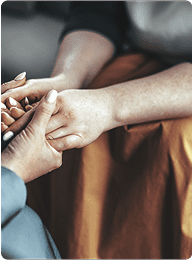School Partners
Match with a Degree Program in Minutes



Personalize your search.Tell us what you want to study and answer a few questions. We'll sort through all of our schools and programs for you in minutes!
Explore your matches.We'll show you programs currently accepting applications that match your interests. Explore what each one has to offer.
Find a program you like?Submit your info to let the school know you’re interested! A school advisor will reach out soon. You can even start your application!
What do you want to study?
Select your degree and major to see which schools we recommend for your area of study.
Explore Trending Topics
Editorial
Our Experts
Our experts bring the resources and information you need to take the next step in your education — all backed by data and first hand experience.
50+ Guides & Rankingsto help you take your next step.

60+ Writers & ReviewersLearn more about our process.

70K Studentsfound their degree program through Psychology.org.









